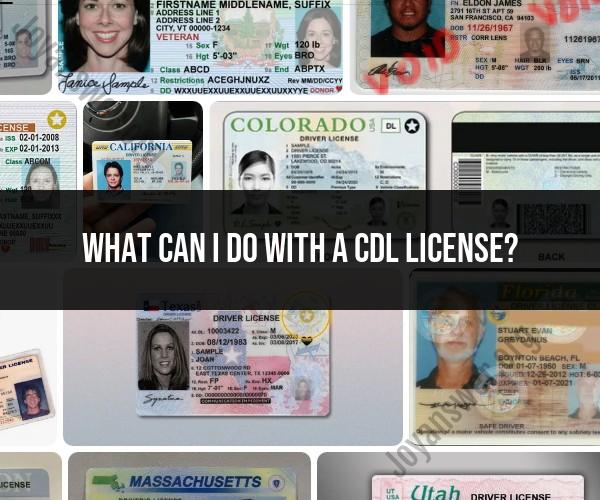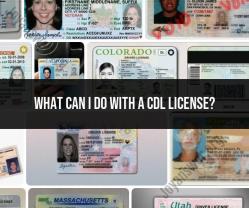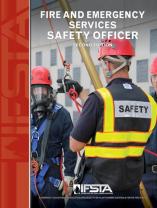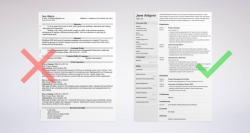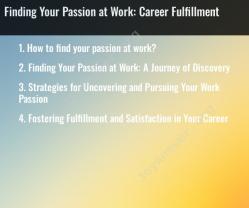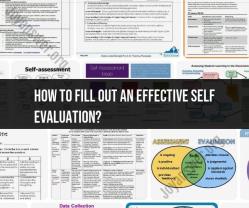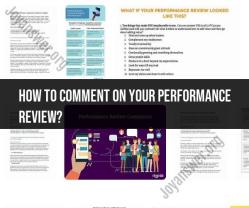What can I do with a CDL license?
Having a Commercial Driver's License (CDL) opens up various career opportunities in the transportation industry. Here are some career paths and job opportunities available with a CDL:
Truck Driver: As a truck driver, you can work in various sectors such as long-haul trucking, regional trucking, local delivery, or specialized freight transportation. This includes driving tractor-trailers, delivery trucks, or tankers.
Bus Driver: CDL holders can work as bus drivers for public transit agencies, schools, private transportation companies, or charter services.
Delivery Driver: Opportunities exist in delivery services for companies like FedEx, UPS, Amazon, or food delivery services, transporting goods locally or regionally.
Construction Equipment Operator: Some construction jobs require operating heavy machinery like dump trucks, bulldozers, or cranes, which often require a CDL.
Tow Truck Operator: Tow truck drivers assist with roadside assistance, towing disabled vehicles, or transporting vehicles after accidents.
Courier Services: CDL holders can work for courier services, transporting items that require specialized handling or larger vehicles.
Waste Management and Recycling: Positions exist for CDL holders in waste management companies operating garbage trucks or recycling collection vehicles.
Transportation Logistics: Some individuals with a CDL move into logistics or dispatching roles, overseeing transportation operations.
Driver Trainer/Instructor: Experienced CDL holders may become trainers or instructors for new drivers in truck driving schools or training centers.
Own Business/Owner-Operator: Some CDL holders opt to start their own trucking business or work as owner-operators, managing their vehicles and contracts.
The opportunities with a CDL can vary based on endorsements obtained (such as hazmat, tanker, or passenger endorsements), driving experience, and the type of vehicle one is qualified to operate. The demand for CDL holders remains relatively high, providing numerous career paths within the transportation and logistics sectors.
What career opportunities are available with a CDL license?
Obtaining a CDL opens the door to a diverse range of rewarding career opportunities in the transportation industry. Here are some options, categorized by vehicle type:
Class A CDL (tractor-trailer combinations):
- Long-haul truck driver: Delivering goods between cities, states, or even coast-to-coast. Perfect for independent spirits who enjoy travel and the open road.
- Local/regional truck driver: Transporting goods within a state or specific region. Offers more predictable schedules and home time compared to long-haul careers.
- Dump truck driver: Hauling construction materials, gravel, or other loose materials for infrastructure projects and landscaping. A physically demanding but well-paying option.
- Tanker truck driver: Delivering liquid cargo like fuel, chemicals, or food products. Requires additional endorsements and safety training.
- Specialized carrier driver: Operating vehicles transporting specific cargo like flatbeds, livestock, or refrigerated trailers. Offers variety and often requires specialized skills.
Class B CDL (single-axle vehicles and buses):
- School bus driver: Transporting children to and from school, requiring a good driving record and patience with young passengers.
- Transit bus driver: Operating public buses on designated routes within a city or region. A stable career with regular hours and benefits.
- Shuttle bus driver: Driving passenger vans or small buses for hotels, airports, or tour companies. Offers flexibility and interaction with diverse clients.
- Delivery driver: Delivering packages for companies like FedEx, UPS, or Amazon. Can involve physical activity and tight deadlines.
- Dump truck driver (Class B): Similar to Class A dump truck driving but limited to smaller vehicles and often within a local area.
Additional options:
- Hazardous materials transportation: Requires additional endorsements and specific training for transporting hazardous materials like chemicals or explosives.
- Passenger van driver: Driving vans or minibuses for private companies or organizations. Can involve transporting employees, tourists, or event attendees.
- Tow truck driver: Operating tow trucks to rescue vehicles and provide roadside assistance. A demanding job requiring good driving skills and problem-solving ability.
Beyond driving:
- CDL instructors: Training new drivers to obtain their CDLs. Requires experience and specific certifications.
- Dispatching and logistics: Planning and coordinating transportation routes and schedules for trucks and drivers. Often involves office work and communication skills.
- Fleet management: Overseeing the maintenance and operation of a fleet of trucks or buses. Requires organizational skills and knowledge of vehicle maintenance.
Remember: Factors like experience, endorsements, location, and desired lifestyle can influence career options and earning potential. Research specific roles, salary ranges, and training requirements to find the best fit for you.
With dedication and hard work, a CDL can pave the way for a fulfilling and financially rewarding career in the transportation industry. Good luck on your journey!
Feel free to ask if you have any further questions about specific CDL-related careers, training requirements, or salary expectations in different regions. I'm here to help you navigate your options!
